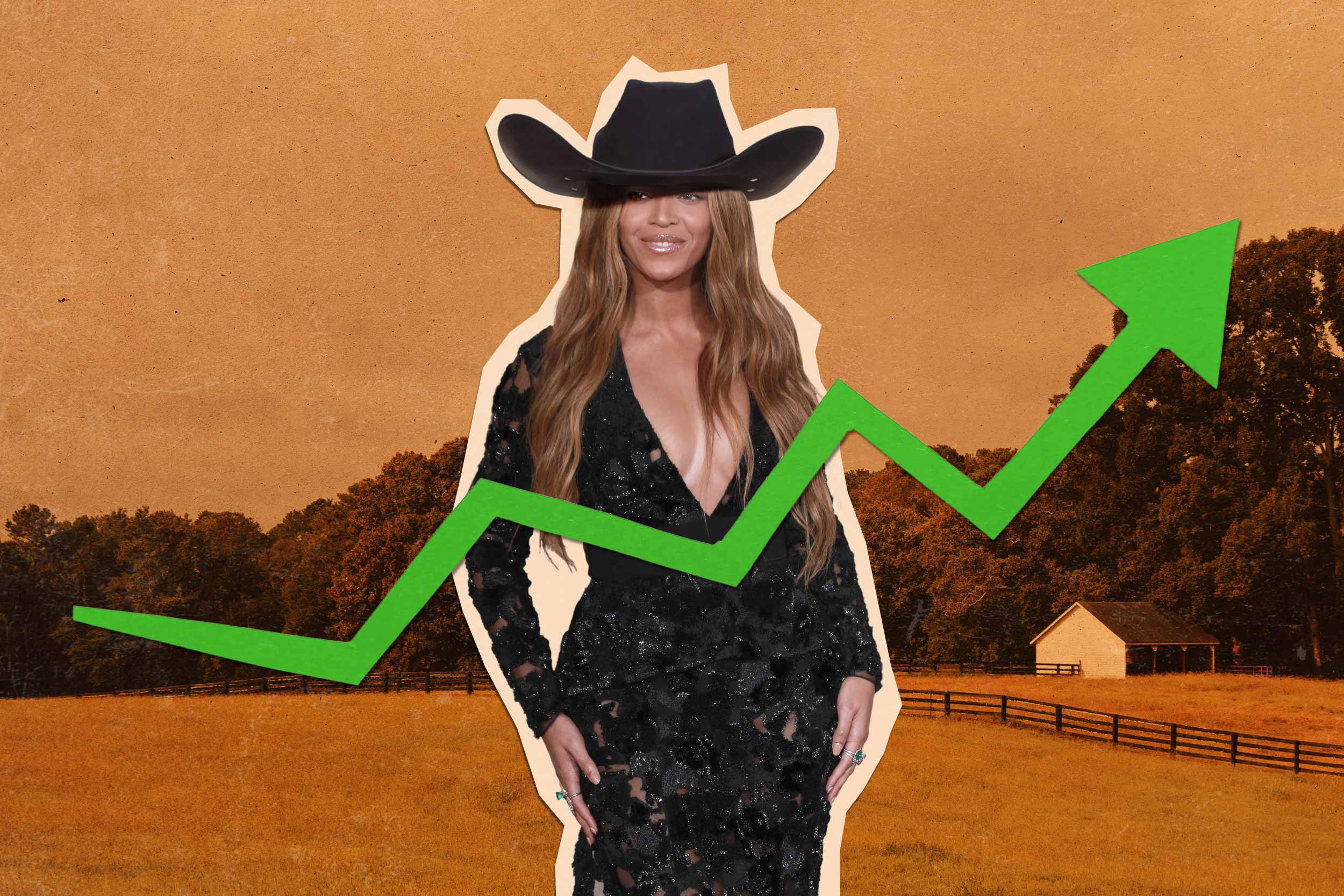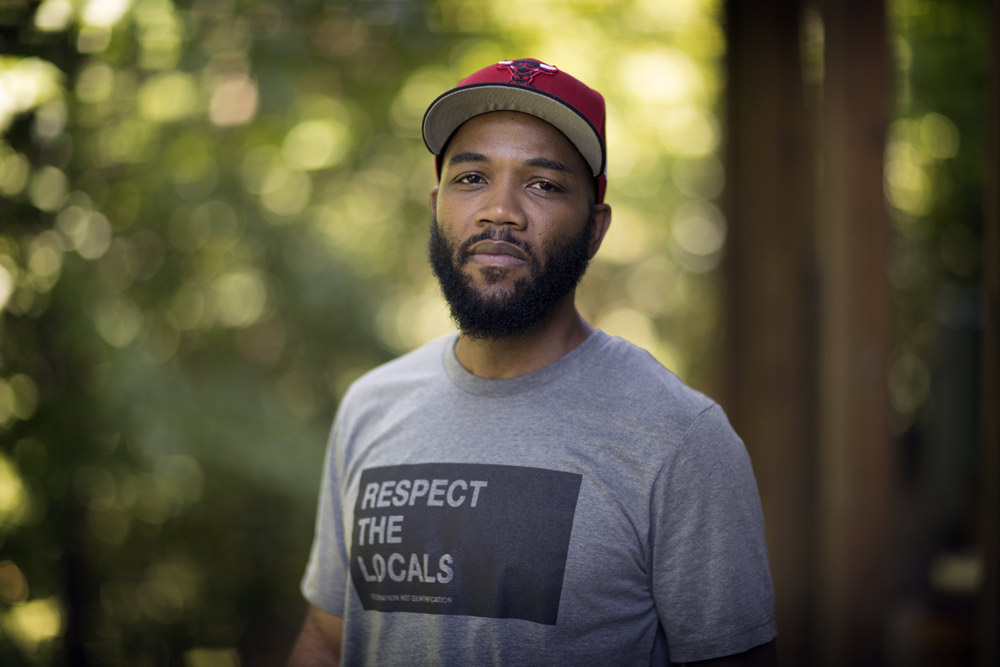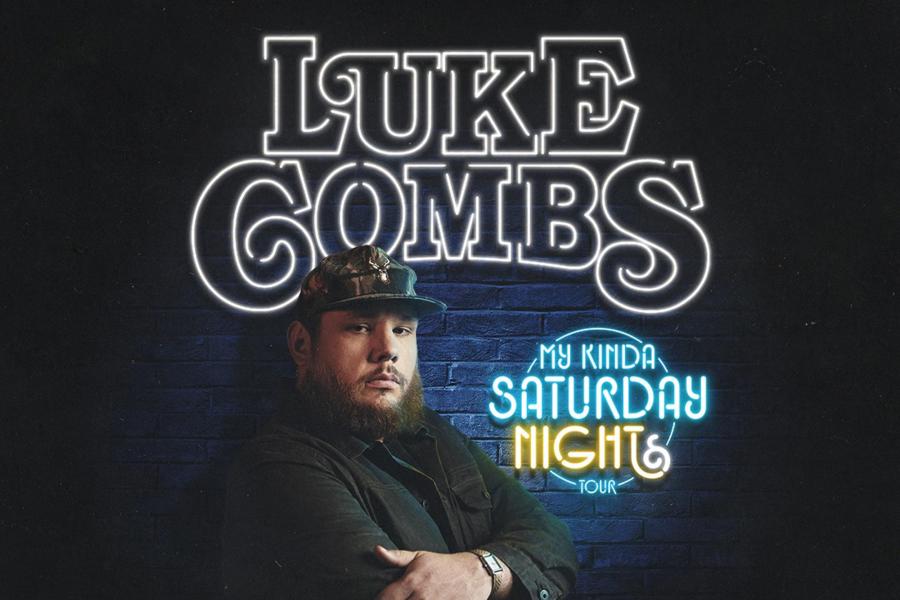A.D. Carson, the University of Virginia’s associate professor of hip-hop and the Global South, pointed out the bestsellers chart is a “construction” and is “racialized and exclusive of certain voices.”
“So, when something in 2024 like this happens, when there is a first Black woman [at No. 1] on a commercial chart … the question that I automatically go to is, ‘Why hasn’t it happened before and what was stopping it from happening?’” Carson asked.
Artist Are Shapeshifters. The Industry Keeps Trying to Label Them
Carson said music is complex and does not fit neatly into defined categories. He pointed to Justin Bieber, who in 2021 posted a letter to the Recording Academy on Instagram to express his frustration when it put his album, “Changes,” in the Grammys pop vocal album category when he said his goal was to make an R&B album.
A year earlier, Tyler, the Creator, suggested the Grammys were racist after his album, “Igor,” won Best Rap Album. He later told the press “I’m half-and-half on it. On one side, I’m just grateful that what I made could be acknowledged in a world like this,” he said. “But also, it sucks that whenever we – and I mean guys that look like me – do anything that’s genre-bending or anything, they always put it in a Rap or Urban category.” Why, he wondered, “can’t we just be in pop, you know what I mean?”
“I think that what we’re left to reckon with is how these charts correspond to assumed audiences and assumed racial categories of the people who are making them,” Carson said.
People Listen to All Sorts of Music
Jack Hamilton, an associate professor of American studies and media studies and Slate Magazine’s pop critic, said he doesn’t know many people who listen to only one type of music. He also agreed that artists don’t like to be pigeonholed.
“I can’t think of a major, popular musician who’s had a major influence on mainstream popular culture who isn’t comfortable moving among genres,” he said.
The names of musical artists rolled off his tongue: Prince, David Bowie, Stevie Wonder, The Beatles, Madonna, Taylor Swift. And, of course, Beyoncé.
Hamilton also pointed out that “Texas Hold ’Em” is not Beyonce’s first foray into country music, referring to the song “Daddy Lessons” on her award-winning record “Lemonade.”
It’s not surprising, he said, that country music has influenced Beyoncé when you consider she is from Texas, one of its hotbeds.
Looking back, Hamilton said Ray Charles is “a really instructive forerunner, because about 60 years ago he made a pretty similar move to what Beyoncé is doing, when he moved from being one of the biggest R&B and pop stars to country.”
His record, “Modern Sounds in Country and Western Music” was recorded in 1962 and was a huge hit, with songs like “You Don’t Know Me” and “I Can’t Stop Loving You” catapulting Charles to country music fame.
“The idea that country music has ever been exclusively white, that there is some sort of way that you can go back in time and say Anglo-European influence is definitively stronger than African American music, you can’t make that argument,” Hamilton said. “It’s so intertwined.”
“I don’t know that we have a bunch of distinctly American music in the United States, through the history of this country, that doesn’t make its way through Black folks,” Carson added.












